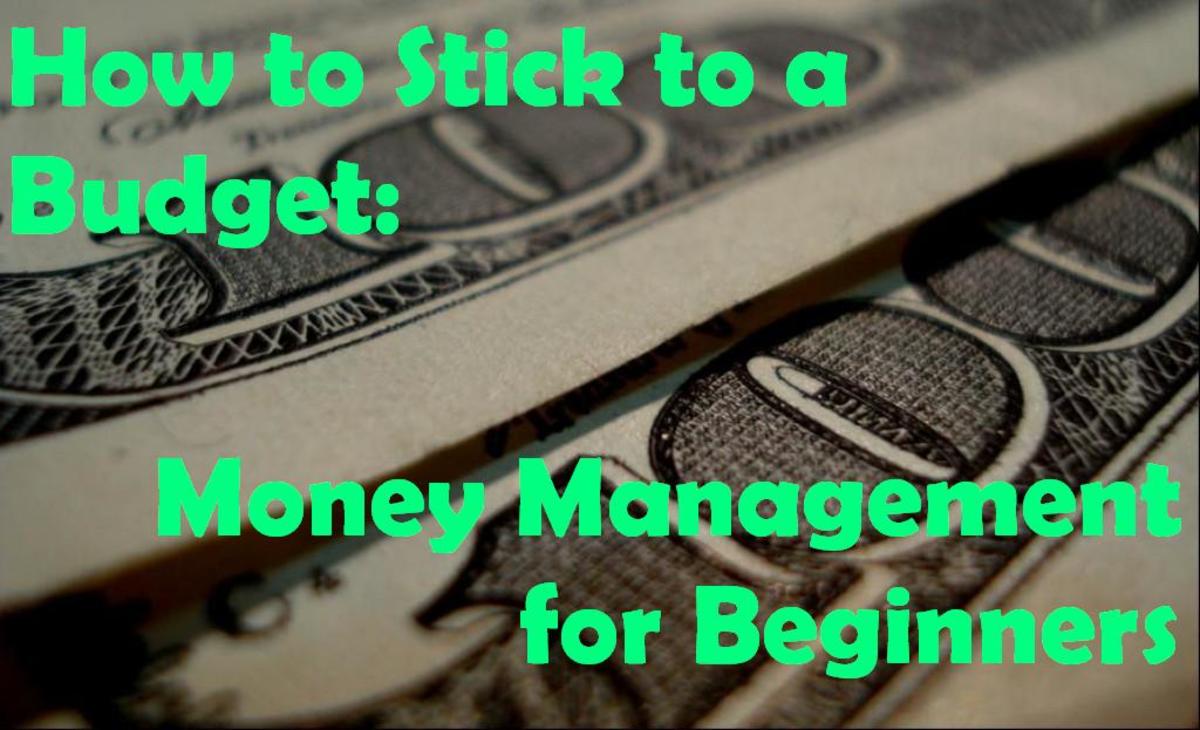How to choose the best credit card
Credit card users can be classified into two categories according to the J.D. Power study.
TRANSACTORS - These are people who usually pay off their balance each month. They tend to be more satisfied with their credit cards than those who carry a balance.
As transactors don't have to worry about interest rates, they tend to look for cards that provide the best rewards which makes sense.
But most card holders aren't aware of their card benefits. Many cards, for example, offer travel insurance, emergency assistance and concierge service. Card holders who tend to take advantage of all their card benefits tend to be more satisfied.
REVOLVERS - These are people who basically have a balance on their credit cards. If you fall into this category, forget about the rewards. You cannot afford them.
Cards with generous rewards typically charge higher interest rates. If you carry a balance, the amount you'll pay in interest will probably exceed the value of the reward.
Your best choice is pay off your balance each month. But if that's not possible, then look for a card with low interest rate and no annual fee.
Card holders who carry a balance should also consider cards issued by small banks and credit unions. These lenders don't have big advertising budgets so you have to do some research to find them. But the payoff is often lower fees and interest rates.
There are things to consider before getting a credit card. If you're going to get a credit card, use it wisely. Second, choose a card that will work for you (low interest rates, services, incentives) rather than allowing the credit card company to reap all the benefits. Also, choosing a card that best suits your borrowing habits can improve your credit card experience.
Let us examine 3 main reasons why people use credit cards.
Balance Transfers
It has become common to switch credit card providers based on the length of the 0% balance transfer deals they offer. If you have a significant balance on your credit card and you plan to pay it off over a number of months or years, then you have to take advantage of the different balance transfer deals on the market.
Purchases
This is the main reason people have credit cards and if this is your reason, you need to find a credit card with the lowest interest rates.
Some people might ask why not take advantage of a 0% purchases credit card deal. Well, it really depends on the normal credit card APR and how long you plan to use the card. What if the 0% purchases deal expire and all of a sudden you have to pay 18% APR when you could have applied for a card with no 0% purchases deal, but 12% APR? Which one would you rather have?
Cash Back or Air Miles
This is quite difficult as people may say since they're already spending money on the card, why not get rewarded for it? Well, normally, these types of credit cards have a fairly high interest rate.
Let's use an example: Say you have to choose between two credit cards, one that has a cash back offer and one that does not. Easy choice, right? However, say the cash back card pays you $1 for every $100 you spend and has an interest rate of 15.9%. The other "normal" card has an interest rate of 13.9%. Now the normal card is the best choice, unless you pay off your balance every month and do not pay any interest.
Then you also get all the hybrid credit cards. Some cards might have 0% balance transfer and 0% purchases deals. Others might have a low interest rate for the life of balance transfers. This is where you need a really good guide to show you all the different factors when considering applying for a credit card.
So when choosing a credit card, don't just apply for the first one you come across. Decide what you want to use the credit card for and then check that everything that will impact this usage. Do not let hidden aspects like high interest rates or default fees make you regret your choice!
Here are 5 simple tips to helping you find your best credit card.
TIP 1
When choosing credit cards, it's better to be proactive rather than reactive. Credit card offers through mail might be a good place to start shopping though they're not your only options. You may be surprised to know that preapproved credit card offers that you get in mail are actually advertisements. Your name was retrieved from a mailing list and the letter sent to you is a direct marketing tool.
So where to start looking? Information can be found on the Internet, financial magazines and newspapers. If comparing several different cards, use an unbiased source.
A great place to start is CardRatings.com, the most comprehensive free source for credit card rankings. With reviews from actual card holders, CardRatings.com strives to present an unbiased, yet accurate picture of the best and worst cards out there. Card holders rank cards based on various criteria including fees, rewards, and customer service.
TIP 2
Develop a good understanding of terms, fees and low interest rates. To do this, read the disclosure chart included with every credit card solicitation - usually toward the back or the reverse of the offer. It lists the purchase interest rate, the length of the grace period, the annual fees, the minimum finance charge, the transaction fees and the late fees. If you need help understanding these credit terms, the Federal Reserve Board has a thorough description of these terms.
TIP 3
Develop an understanding of the credit card features and how they relate to you. Before choosing a card, ask yourselves a few questions to help determine which card is the better choice for you.
-Which type of card will I qualify for?There are three main categories of cards: secured, regular and reward or rebate. Where you fall on the scale depends upon your credit history. If you're in the process of trying to rebuild your credit, a secured card can help you achieve that. The other categories are differentiated by the types of services they afford. While reward cards generally have great perks, the higher interest rates that they normally charge can be costly if you do not pay your balance in full every month.
-How do I intend to use the card? Will you carry a balance or pay your bill in full each month? This question carries the most weight in your decision: if you pay your bill in full, interest charges will rarely, if ever, be applied. Therefore, you can take advantage of those cards that offer attractive rewards at the price of a higher interest rate.
If, however, you intend to carry a balance, pick the best card with the lowest interest rate that you can get. Since the rate will be applied each month, you want the very lowest rate you can get, regardless of the lack of incentives available.
-What features can benefit me the most? If you rarely travel, then travel rewards, such as air miles, won't be very useful to you. There are a large variety of reward cards available: Cash back incentives; air miles or frequent flyer miles; rebates towards future purchases on gasoline, gift certificates, and even cash rebates for a higher education savings plan. Be aware that some cards charge annual fees and some don't. If you are looking at one that does, do some math to make sure that the benefits outweigh the fee you will be charged each year.
TIP 4
Another thing you should look at is the annual fees. Some creditors charge a yearly annual fee that is added to the credit card and treated as past of the balance. People with good credit will usually be charged a low annual fee but for those that have bad credit, the fee can be fairly hefty. Of course, the best credit cards have no annual fee at all, but they are reserved for people who have good credit.
TIP 5
Be sure to shop around and look at details of the different cards. There are actually several others that provide credit cards for consumers besides banks. You may be offered a card by a major credit retailer, a retail store, or an alternate lender, as well. Each of these creditors can really differ in interest rates, finance charges and additional fees. Since you could save as much as 10% in interest by checking out the different creditors, it is definitely worth the effort. Just be careful that you don't select a card that has an extremely low introductory rate for a short period of time that becomes extremely high when the introductory period is over.
As you follow these simple tips, you can ensure that you are getting the best deal you can get. This can really help you save money over the years.








